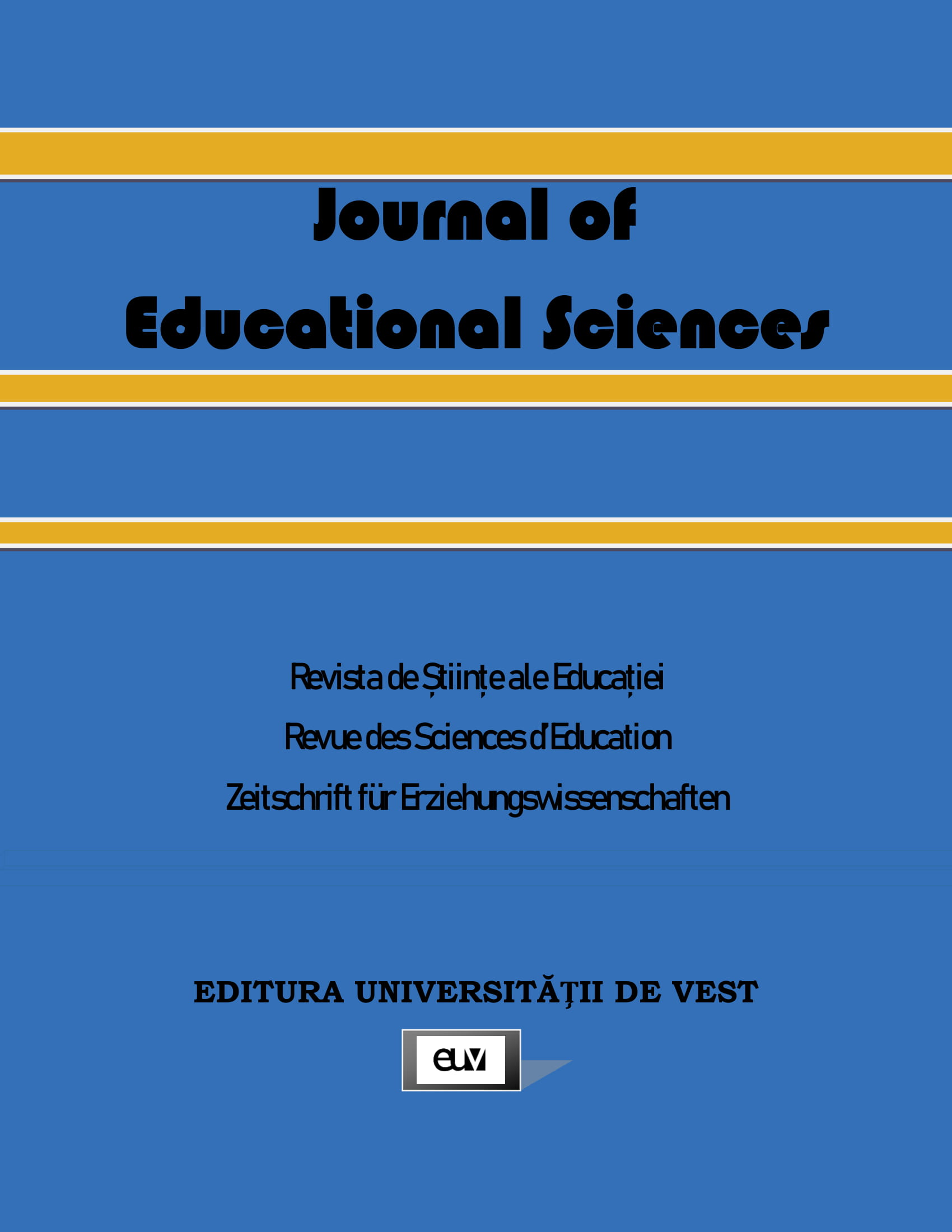Understanding North American curriculum reforms through theory of
rationality
Understanding North American curriculum reforms through theory of
rationality
Author(s): Dan-Laurențiu Cardaș-RăduțaSubject(s): Ethics / Practical Philosophy
Published by: Editura Universității de Vest
Keywords: Rationality; american; curriculum; reform; weberian;
Summary/Abstract: The present study aims on the one hand to analyze North American curriculum reforms with a focus on the twentieth century, and on the other hand it aims to demonstrate the implications of Weberian rationality theory for century-specific curriculum theory and practice. At the theoretical level the study shows the implications of Weberian rationality in the work of Dewet, Weber and Tyler. At the practical level, the main findings of the study show that the progressive period was influenced by practical rationality or more specifically instrumental rationality through the social efficiency orientation promoted by Bobbitt and Tyler. Also, the need for post-Sputnik reform of the North American curriculum led to a hyper-rationalization of education towards the imposition of external standards on schools, this trend culminating in the report "A Nation at Risk" (1983) which led to an economic approach to education. The North American curriculum reforms that followed did notabandon this trend of hyper-rationalization and standardization of education.
Journal: Revista de Științe ale Educației
- Issue Year: 49/2024
- Issue No: 1
- Page Range: 104-122
- Page Count: 19
- Language: English

